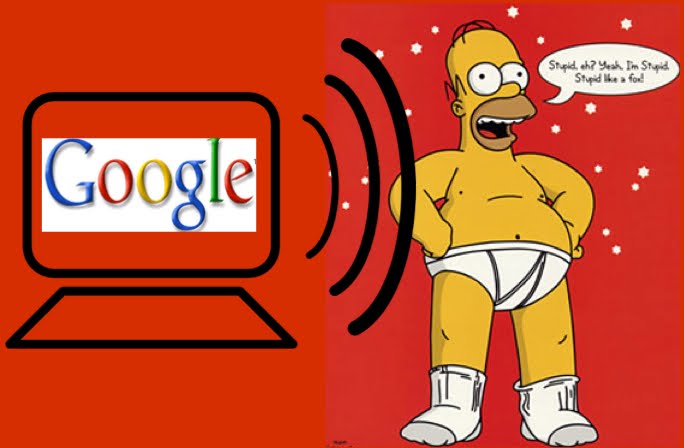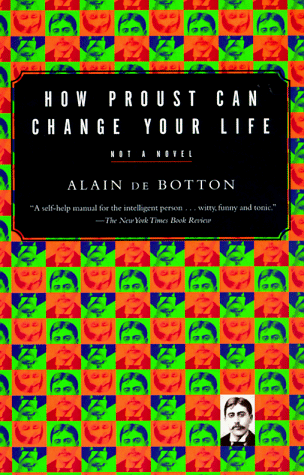I am 55. My lovely wife is 53. And she is lovely so many ways, not the least of which she loves to read (more below).

We have a very good library: diverse and some of the best books in their respective categories. It was put together over a lifetime. Our library did not cost a lot because we have gone to library sales, used bookstores, received books from friends and family, and get many wonderful books to review from publishers.
I read on Scot McKnight’s blog that Michael Quicke is “retiring” from teaching at Northern. In one of Quicke’s posts about his move back to England, he talks about the painful process of downsizing his library. Quicke has about ten years on me, but for years I’ve been whittling a little bit every month to make the process a bit easier. Not easy to be sure. For the foreseeable future our library will most likely hover around 2500-3000 books. Without my regular whittling it might be twice that size by now, and much more painful to address.
As I get older, I find myself rereading more frequently, especially the books which have truly formed my convictions. And the books which showcase a craftsman at work.
So I will keep chopping up our library with my metaphorical ax.
Here is Quicke’s wonderful, but poignant piece:
http://michaelquicke.blogspot.com/2013/11/changing-life-4.html
If you don’t want have time to read the entire piece, consider these words of wisdom:
“And saying goodbye sometimes comes with cruel reality checks as I realize I cannot possibly read all that I once hoped to delive into. For example, I have collected books on particular subjects that I was going to dive into, that I even imagined that I could write books about, but I now realize time is running out! I remember an athletic deacon in my first church saying that he had suddenly realized that certain things would never happen for him, like playing cricket for England. I remember being amused, but then realizing he was being serious. (I appreciate US friends would not likely take this seriously anyway!) Yes, what once seemed limitless pastures are now ring-fenced. I am grateful that I shall still be able to graze but I can see a fence.”








